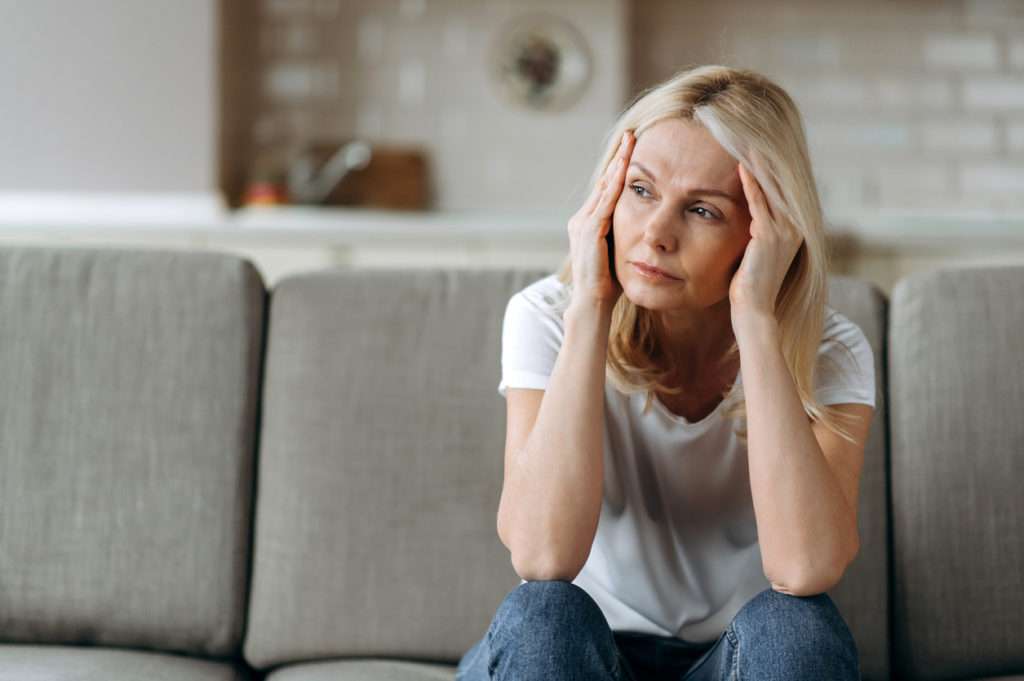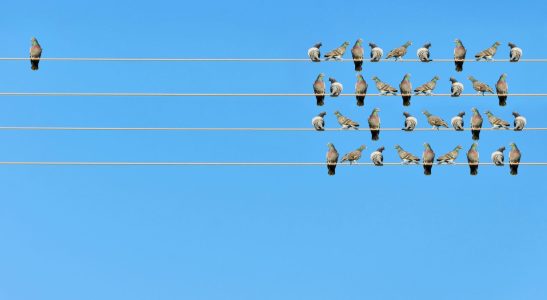When It Comes To Age, Who Feels Lonely?
Living Alone | 29th April 22022 by Gail
IWith over twenty years of experience working for Hartmann UK and as an NHS specialist nurse, Gail discusses the connection between loneliness and the extent to which it is experienced by different age groups.

In 2018, Tracey Crouch was appointed to lead for loneliness due to the work of the Connection Coalition and the Jo Cox Foundation. Part of the UK Ministry for Sport and Civil Society, she was asked to take charge of finding a solution for those of us for struggle with being alone.
The current Loneliness Minister is Baroness Barran, who acknowledged in 2021 that the consequences of the pandemic have made her role more crucial than ever. In her announcement, Baroness Barran spoke of millions of pounds to be distributed amongst organisations working to counter the effects of social isolation that had become so difficult for many.
The hope is that government funds will help the 7.24 % who report “often or always” feeling lonely and the near 20% who are lonely some of the time.
Sorry, we couldn't find any posts. Please try a different search.
What age group is most impacted?
However, in contrast, the young report feeling lonely much more – with 40% saying they have felt this way at least some of the time. The BBC Loneliness Experiment surveyed 55,000 people and showed that 16–24-year-olds feel loneliness the most.
When looking at ‘acute’ or chronic loneliness, though, which means when long periods of isolation can negatively impact mental health, it is notable that the over-50s rather than the over-75s are predicted to feel the impact of loneliness the most in the coming decade.
Young people feel loneliness the most
While the pandemic spotlighted isolation, loneliness has traditionally always been an issue for the older population. Those in retirement, who have lost contact with work and have few surviving friends and family, are most vulnerable to social isolation and loneliness’s physical and mental health effects.
There are two million people in England over the age of 75 who live alone, and half a million who can go at least five or six days a week without seeing or speaking to anyone. It is easy to see why loneliness and the older generation are inextricably linked.
Yet, while we might make a causal link between being alone and feeling lonely, those surveyed suggest it is not so straightforward – only 27% of those over 75 reports feeling lonely at some point. In contrast, 25% of those over 75 reports never feeling lonely.
Why does loneliness impact the young?
16-24-year-olds appear to be more connected than any other age group. Twenty-four hours a day and seven days a week, the young can contact friends, colleagues, and relatives via their smartphone. It seems counter-intuitive to believe that this group can feel acute loneliness. Logic suggests that the over 75s would be the loneliest. However, being alone is not the same as being lonely – and communication is not the same as human connection.
In some respects, social media and direct messaging apps have colluded to make human connection less necessary. We no longer need to meet in real life, supplementing our relationships with technology chats and check-ins. Yet, as social creatures, human beings need to be in the company of others to feel that bond of connection and technology cannot replicate this.
Loneliness has impacted the young more in the last few years due to the pandemic and government lockdowns. With isolation from friends, teachers, extended family and other community networks, young people were left to cope with powerful feelings of loneliness. In a YouGov poll, 69% of adolescents reported feeling often or sometimes alone and that this took a toll on their mental health.
While young people could still connect via video conferencing, the lack of social mixing outside of the home and educational settings caused a sense of dislocation. Returning to the world post-pandemic has proven challenging for many.
Yet, some experts believe loneliness was a problem amongst the young long before COVID. Leaving home to go to university can bring on intense feelings of loneliness, as can starting a new job away from your hometown.
Equally, because of social media, the requirement to venture out beyond the confines of home would have become a problem whether we were in lockdown or not. It is widely thought that social media can exacerbate the social pressure young people feel when they see others living a social life with seemingly endless resources of friends and events.
Why does loneliness impact the over-50s?
Research indicates the over 50s suffering from loneliness will reach two million by 2025/26. The report ‘All the Lonely People”, released by Age UK, noted the surprising finding that this group might suffer most in the future, representing a significant increase from 1.4 million in 2016/17.
One of the significant reasons for loneliness in the over 50s is the death of a spouse. After being in a relationship with someone for a considerable length of time, finding yourself single again can drastically affect your social life.
Invites will likely be fewer and harder to accept when they do arrive. Much of life would have been lived in partnership with another, making new experiences easier when they were around. The spouse left behind will likely go through the turmoil of grief, having lost the person who was always around to talk with.
The Guardian, in 2018, called loneliness in the over-50s “a looming health concern”. As well as widowhood, the newspaper mentioned poor finance and ill-health as contributors to loneliness. Age UK reported that the geographical spread of families also adds to isolation issues.
Far from a trivial issue
The conclusion here might focus on the surprising fact that the elderly are not the loneliest and that growing older is not automatically linked to isolation and disconnection. However, this trivialises the conclusions that should be made.
The representation of loneliness as a looming health crisis signifies the genuine interest we should take from this exploration of loneliness as experienced by different age groups. The physical and mental health problems associated with loneliness will potentially place a significant demand on services and cause untold suffering among groups we might not be looking to help.
Ultimately, connecting loneliness and age is useful when targeting help and support to those who need it. We need to look to our young struggling with disconnection despite or due to technology. We also need to be reaching out to the newly widowed to see if there is anything we can do to bridge the gap left by a loved one.
It might feel like a temporary emotion, but as a society, we are just beginning to understand loneliness as a complex set of feelings and emotions. Its impact on our mental health and wellbeing will depend on the reasons, the extent of our feelings and the length of time one might experience loneliness and the challenge will be how we respond.
Share this post:
Hear from Solo Living now and then by signing up to our mailing list


















